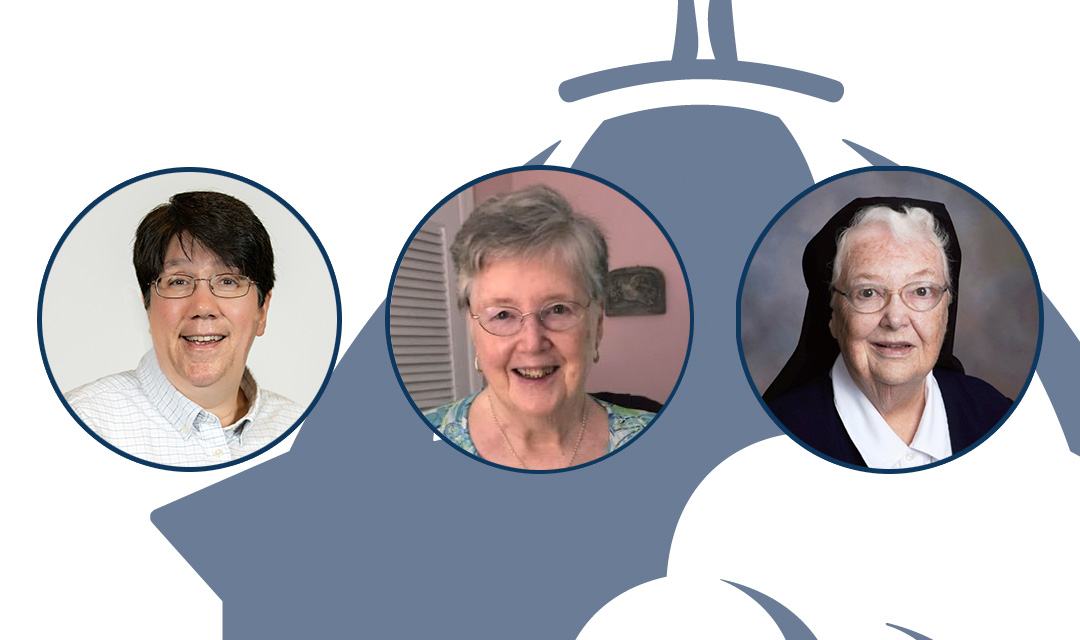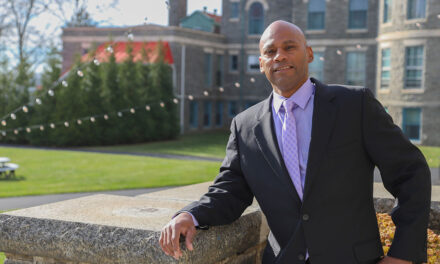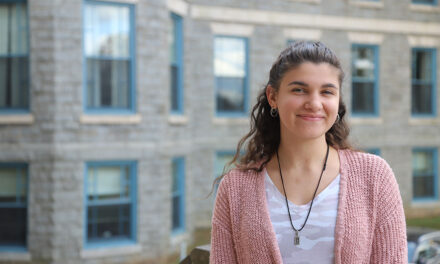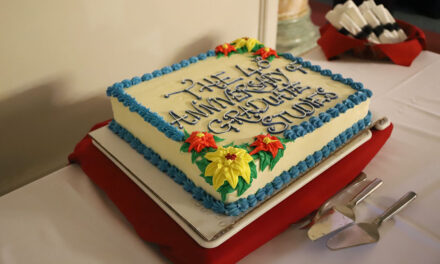By Allison Duncan
The Immaculata community bid a fond farewell to these members of the faculty and administration. M.E. Jones was named professor emerita last fall and is now teaching high school math at Merion Mercy Academy. Longtime chemistry professor Sister Ann Immaculata Gallagher and associate dean of Immaculata’s ACCEL program Agnes Timothy passed away last summer.
Mary Elizabeth “M.E.” Jones ’82, Ph.D.
Professor Emerita
Taught computing and mathematics at Immaculata from 2002 to 2023
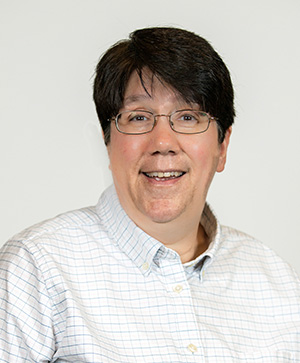
I came to teach at Immaculata from an industry background, working in software development. I really had to grow into an academic environment. It took time, but with so much support from my colleagues and also by working with the students through their questions and their feedback, I figured out how to navigate through the classroom.
My students forced me to be a better teacher because they challenged me; they questioned. I don’t think they realize how much of a positive influence they were on me. They just asked questions in contexts that I’ve never thought about before. I used to tell them, “Push back on me if I’m not clear.” I always wanted them to force me to be as concise, clear and descriptive as I could be.
Problems can be hard to solve in computing and math. Sometimes students struggle with problems, and you can just see it’s almost painful for them. But it gets easier. Like athletes build muscles through doing drills, we can also build the wiring of our brains.
I’ve always believed that students could do the math and figure out the computing techniques if they persevered. Success comes through trial and error, practice and sometimes walking away for a little bit and coming back to it. If you have a passion for a subject, that helps with perseverance. And there’s support at Immaculata for when students need help.
A highlight of my teaching career at Immaculata was getting a National Science Foundation grant in 2009 for a pilot project to teach introductory programming using the liberal arts. English professor Melanie Kisthardt, Ph.D., and I co-taught the course. We gave students a lot of creative prompts, and they created their own unique short stories, which they then animated using programming. I don’t think students thought of programming as a creative activity until that class. In the context of creative storytelling, their programming had a purpose, which gave them an enthusiasm for doing the animation. It wasn’t just an academic exercise; it was something they owned and really wanted to make happen.
I always enjoyed teaching calculus, especially from an applied perspective, which is a way of problem-solving. It’s not just doing a set of problems, but getting students to reflect, “This is why I’m doing this.” The challenge of teaching is being able to show them how these pieces connect to something that’s very practical. Many times I’d say, “So what, who cares?” before students could ask that question. Then I would connect the concept to a context that I knew would be important to them.
I’ve seen students grow so much, not just in academics, but in maturity, their personality, confidence, their organizational skills, communication skills, all the professional qualities that enhance their academics. Immaculata students study not just STEM disciplines but the liberal arts as well. That combination is something that can distinguish them from somebody who’s coming from a straight engineering background. It’s really important to envision how to apply computing to another field—fashion, law, pretty much any discipline.
One recent graduate called me last fall, and we chatted about how he was doing out in the field. He said, “The things you told me I would encounter in industry, I am encountering.” That was one thing I wanted to bring into the classroom, coming from industry. I wanted to help students not just get their degree but also be prepared for their field.
Now as I near retirement age, I’m challenging myself by doing something a little different and teaching high school math. But I still have a connection to Immaculata and the IHMs, both through learning and teaching. The IHMs began teaching me at the age of 5, but my education from Villa Maria Academy and Immaculata instilled in me a passion for learning. Immaculata will always be home to me.
Sister Ann Immaculata Gallagher
Professor Emerita of Chemistry
1931 – 2023
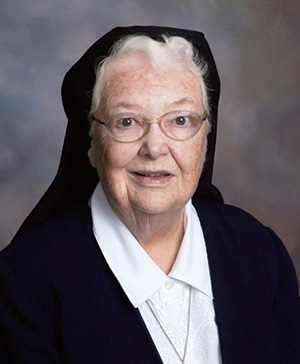
Sister Ann Immaculata, IHM, passed away on Saturday, Aug. 12, 2023 at Camilla Hall. She was in her 68th year of religious life.
While in the IHM community, Sister Ann earned her bachelor’s degree from Immaculata and later received a Master of Science in Chemistry and a Ph.D. in Organic Chemistry, both from the University of Notre Dame. She began teaching chemistry at Immaculata in 1959 and retired to Camilla in 2020.
James Murray, Ph.D., professor of chemistry at Immaculata, shared what he called a “very Sister Ann Immaculata moment,” writing: “One summer they were making repairs outside of Loyola Hall, and the contractor who was digging the hole had a dog, Molly, that he brought with him every day. One day Sister Ann and I went to the dining hall for lunch, and as we were getting ready to leave, Sister Ann told me to go ahead, she needed to see someone on the way back. I left, did a few errands and when I got to the elevator door on the third floor of Loyola, it opened and out came Sister Ann. Her light blue habit was covered in mud. I couldn’t help laughing at the sight, and my response was: ‘I take it Molly was who you had to see on the way back?’ We both just stood there and laughed.”
Agnes Timothy ’62, Ph.D.
January 4, 1933 – July 20, 2023
Director of Immaculata’s Evening Division, 1973-1977
Director of Immaculata’s ACCEL (Accelerated Continuing and Experiential Learning) program; Associate Dean, 1995-2012
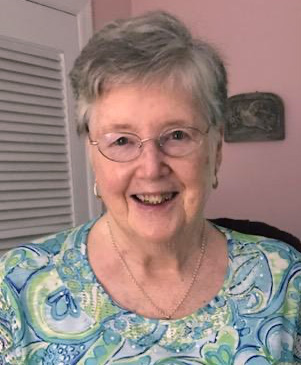
Margaret Agnes Timothy ’62, Ph.D., spent much of her career helping adult students earn undergraduate degrees at Immaculata. As director of Immaculata’s Evening Division in the 1970s, she knew degrees were becoming increasingly necessary credentials for working adults to land new jobs and promotions. She created brochures for adult learners that said, “A college for all reasons.”
Timothy was instrumental in establishing off-campus cohorts at various corporate sites and hospitals in neighboring counties and states. In 1995, she became the director of the innovative ACCEL program, allowing students to finish their degrees quickly. Under her leadership, numbers of enrolled students grew, and new programs were offered.
“No day passes without hearing or seeing first-hand evidence in a student’s or faculty’s life of the impact of what we do for adults here at Immaculata,” she wrote in 2000.
Timothy loved helping adult undergraduates achieve their dreams of getting an education. “They were so grateful to have an opportunity to get their degrees,” she said.

